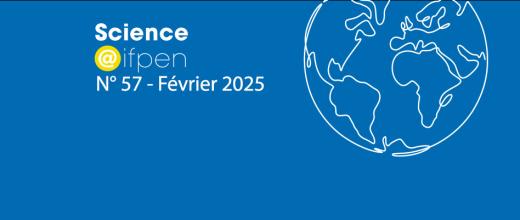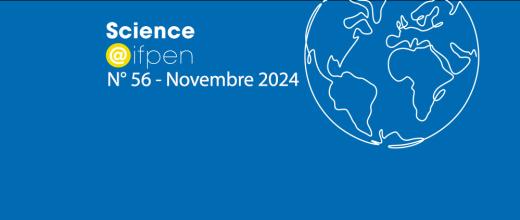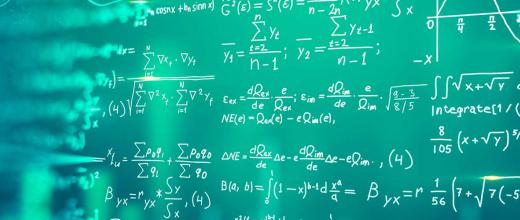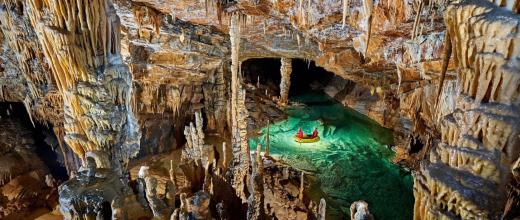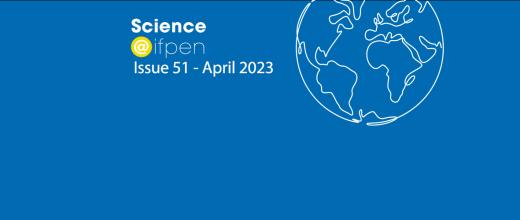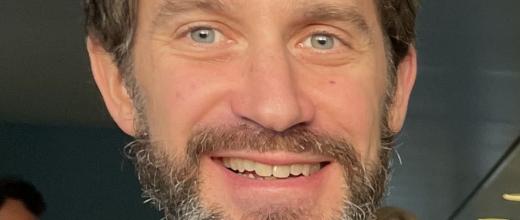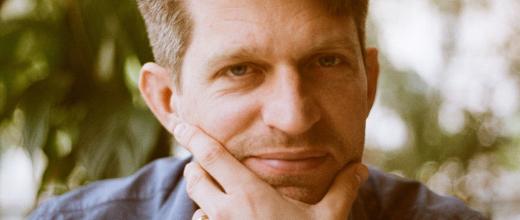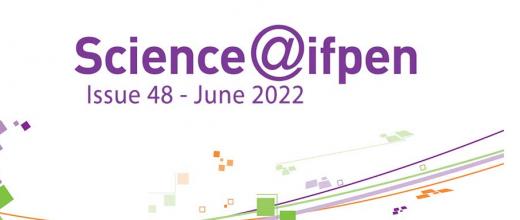Pollutant transport in soils is directly dependent on the heterogeneity of the media present (topology, structure, etc.), which itself is heavily impacted by certain human activities, such as agriculture, industrial operations and mining. The precise description of this phenomenon, across all time scales, can thus prove complex. Yet it is important when it comes to tackling major challenges, such as efficient waste water treatment, or providing access to high-quality drinking water to as many people as possible. In this context, IFPEN’s researchers have been working on methods to gain a better understanding of how pollutants are transported in the underground environment.
